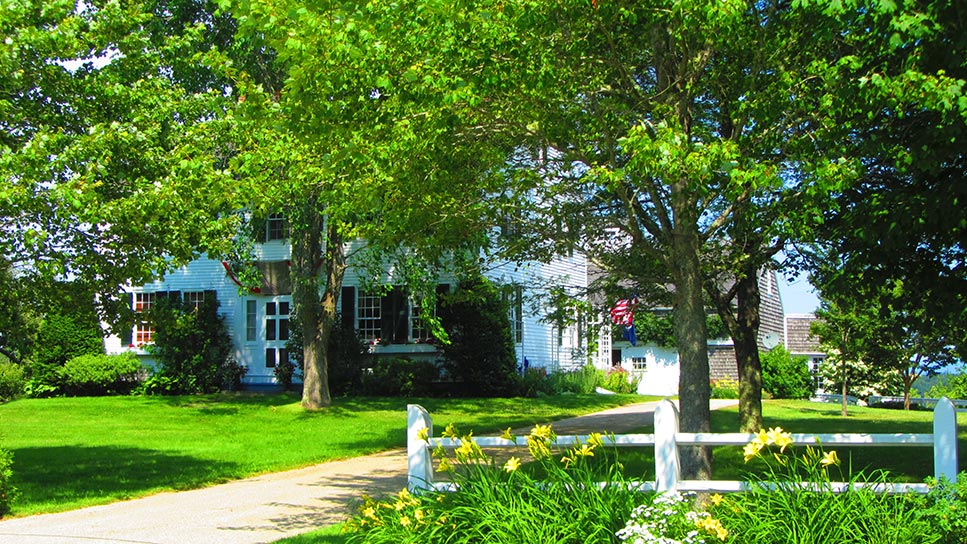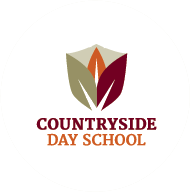Reading Charlotte’s Web
In a week or maybe two, my husband will finish reading Charlotte’s Web for the fourth time, the first time when he was a child, and once for each of our three children. My husband has a low, mumbly voice, and he is often very tired when he sits down in his rocking chair to read at night, but we cherish every word he reads. Our children greet Wilbur and Charlotte every night like old friends.
E.B. White wrote Charlotte’s Web at the farm in North Brookline, Maine, where he lived with his wife Katherine. They were both accomplished writers, both friendly and well connected to a vast community of authors, but they were private. White’s will directed the sale of his estate when he died in 1985, a wish his family honored. The property remains, but is now privately owned.
For a child, leaving a place that is familiar, safe and filled with good memories requires courage, even when she knows she is going someplace wonderful
This summer we drove past the White’s estate. It was a gray, rainy day, but the farm was visible from the road, just the right size for pigs, spiders and sheep, exactly as we had pictured it. The grandparents who now live there are avid gardeners. They have preserved and cared for the original buildings, surrounding them with flowers that were still blooming this August. The farm where E.B. White imagined his characters is bright white. It is not hard to pick the spot where Charlotte built her web.
Transitions
Soon after her father finishes reading Charlotte’s Web, our youngest child will enter an elementary class for the first time. She has been a Montessori child since birth, nurtured and guided by people she has loved and trusted through six years of milestones. Nido, Infant and Primary Montessori communities have been her web, strong and beautiful, her own safe harbor.
“The first day of school, it will be hard to walk by my class,” she said as we drove through the farm country of North Brookline, Maine.
“You could ask your brother to walk with you,” I said. “Would that help?”
“I know the way to elementary, mom. That’s not the point,” my wise six year old said. She was looking at the rain fall outside her window, not crying, but there were tears in her eyes. “It’s just going to be hard.”
Growth
Transitions are hard for people, especially for children. For a child, leaving a place that is familiar, safe and filled with good memories requires courage, even when she knows she is going someplace wonderful. Our daughter’s point is real, and deep, and personal for parents and teachers who care for children in good homes and schools.
E.B. White’s gift was to describe hard feelings in the language of barnyard animals. The conversations of an aging spider and her best friend, Wilbur the pig, help us understand that grief often precedes growth, and that love and friendship can endure loss. Our daughter understands that she is leaving the place that has been her home for many years. We know she will build something magnificent, her own intricate elementary web. Every member of our family will ache a little when she walks past her primary class for the first time, but we know her story continues. Charlotte dies and we weep, but she also lives on.



Leave a Comment